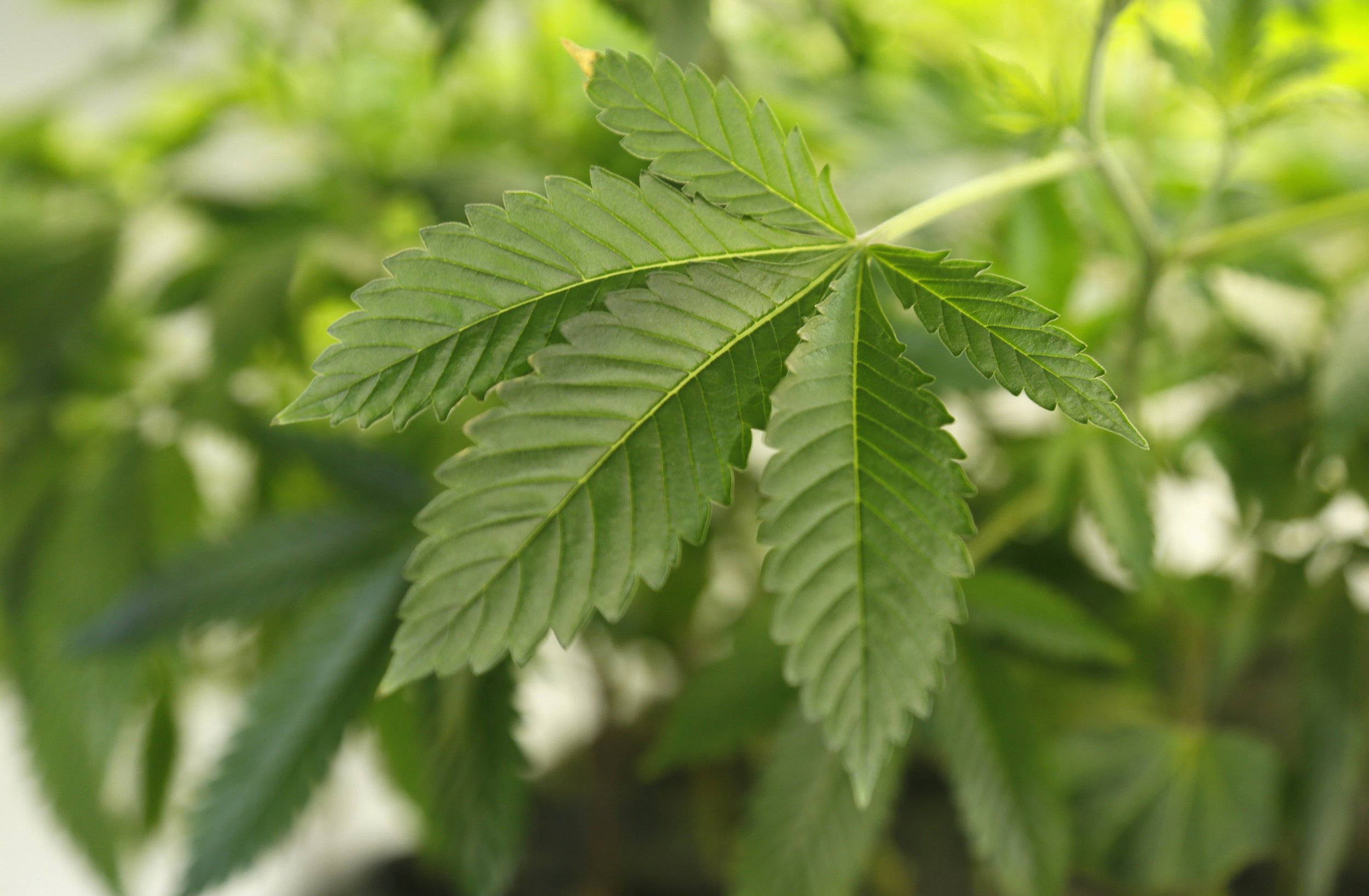
This article first appeared on the Foundation for Economic Education site.
In Victorian literature, the drug of choice was opium, imbibed through water pipes. Its use was a signal that something had gone very wrong in a person's life.
They would take a carriage to the bad part of town and enter an opium den. There they would stay for days at a time, in a dark haze, lounging on Turkish pillows in a foggy mental state, neglecting work and family.
For all its cultural association with down-and-out aristocrats, opium was considered a wonder drug by physicians. It was a pain reliever, a stress reducer, a highly valued therapy for a variety of ailments.
Opium, however, was the first target in the modern war on drugs, inspiring restrictions on Chinese immigration here and the eventual banning of the commercial trade both in the U.S. and Britain.
It didn't take long for other derivatives of the poppy to displace opium. Heroin became the drug of choice, and synthetics were already popular by the 1940s. And so it has been for the whole of the war on drugs: Ban one drug and something worse comes along, each new iteration more terrifying than the last.
Instead of opium, today we deal with ever more dangerous drugs and drug mixtures, widely available on every party circuit.
Most recently, YouTube is filling up with videos of people high on the latest craze: flakka. It's a synthetic compound, a cocaine substitute, with effects that can only be described as mimicking demonic possession.
It is being widely assumed that flakka was driving the mind of the Florida State University student who killed two people for no reason and began to eat them. When the cops tried to pull him off, he would not respond to the taser.
Why would anyone take such a ghastly drug? Well, cocaine is highly controlled, risky and expensive to get in drug markets. A replacement compound is cheaper and more readily available: until the feds catch up to this one and something even worse comes along.
Cory Doctorow explains:
Why would people take flakka and spice instead of snorting coke and smoking weed, both of which are much less harmful to users and those around them? Because coke and weed are banned and policed, while the legal system hasn't caught up with synthetic substitutes.
Prohibition on alcohol gave us the health risks and organized crime problems created by bathtub gin, and the War on Drugs gives us the Zetas and flakka and spice.
A related problem in the United States is the drinking age itself. In most American towns, access to liquor for people over 21 is open. But a strict prohibition exists for most of a young person's college years.
And the results are exactly what we would expect: abuse, secretiveness, law breaking, and ever more dangerous mixtures and potions.
At a panel recently at FreedomFest, I explained to a roomful of adults what was going on at college campuses—an astonishing consumption of drugs and alcohol at levels most people over 40 would find inconceivable. I noticed looks of incredulity on the faces of the audience. So, I asked the young people in the room to raise their hands if I had described something familiar to them. Among that group, every hand went up.
Denial and Illusion
We live in denial about what the war on substances—alcohol, pot, opium, flakka—is doing to our societies. We deny the extent of the abuse that prohibition has engendered, and we live under the illusion that whatever problems there are can be dealt with through more force, though we have 100 years of experience to prove otherwise.
You might think that the advent of a drug that turns a nice college kid into a face-eating double murderer would cause a serious rethinking. How much better if this kid had an opium den to inhabit when he felt stressed?
In 1927, Ludwig von Mises anticipated this perfectly:
No words need be wasted over the fact that all these narcotics are harmful. The question whether even a small quantity of alcohol is harmful or whether the harm results only from the abuse of alcoholic beverages is not at issue here. It is an established fact that alcoholism, cocainism and morphinism are deadly enemies of life, of health and of the capacity for work and enjoyment; and a utilitarian must therefore consider them as vices.
But this is far from demonstrating that the authorities must interpose to suppress these vices by commercial prohibitions, nor is it by any means evident that such intervention on the part of the government is really capable of suppressing them or that, even if this end could be attained, it might not therewith open up a Pandora's box of other dangers, no less mischievous than alcoholism and morphinism...
We see that as soon as we surrender the principle that the state should not interfere in any questions touching on the individual's mode of life, we end by regulating and restricting the latter down to the smallest detail. The personal freedom of the individual is abrogated. He becomes a slave of the community, bound to obey the dictates of the majority.
It is hardly necessary to expatiate on the ways in which such powers could be abused by malevolent persons in authority. The wielding of powers of this kind even by men imbued with the best of intentions must needs reduce the world to a graveyard of the spirit.
Jeffrey A. Tucker is director of content for the Foundation for Economic Education and CLO of the startup Liberty.me. His latest book is Bit by Bit: How P2P Is Freeing the World.
Uncommon Knowledge
Newsweek is committed to challenging conventional wisdom and finding connections in the search for common ground.
Newsweek is committed to challenging conventional wisdom and finding connections in the search for common ground.
About the writer
To read how Newsweek uses AI as a newsroom tool, Click here.








